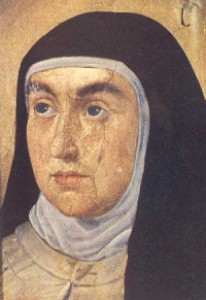Podcast: Play in new window | Download (Duration: 1:42 — 1.3MB) | Embed
Subscribe: Apple Podcasts | Spotify | Amazon Music | Android | Pandora | iHeartRadio | JioSaavn | Podchaser | Gaana | Podcast Index | Email | TuneIn | Deezer | Anghami | RSS | More
AR#1 – Advent Reflections with Deacon James Keating, Ph.D.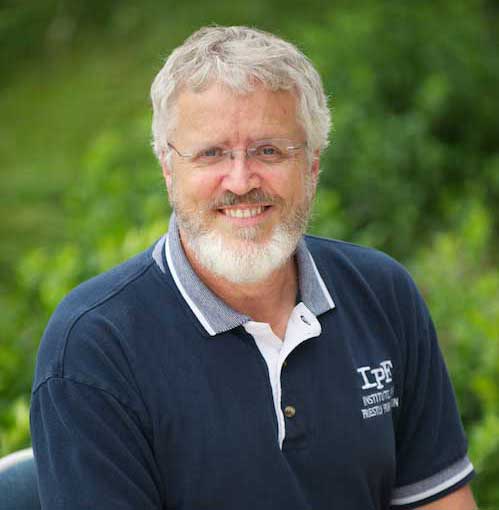
One of God’s attributes is patience. He suffers His own creation, as it comes to fulfillment in His love. The God that we worship is a God who truly loves us. And in this great love, He waits. He waits for us to respond to all that He has given us. And He doesn’t simply wait in a passive way. He keeps loving us, keeps directing His love toward our hearts to awaken them with a response. This is near the very core of what Advent is about. God-loving us so deeply, directing His love toward us, and Him sharing His life with us so that we might respond in kind. So that we might wait and receive, and then respond to His great love
Deacon James Keating, Ph.D., is a professor of Spiritual Theology and serves as a spiritual director at Kenrick Glennon Seminary in St. Louis, MO.
We highly recommend – The Eucharist and the Hope of Conversion with Deacon James Keating Ph.D. Discerning Hearts Podcast
For more from Deacon James Keating check out his “Discerning Heart” page

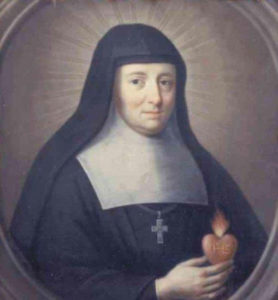
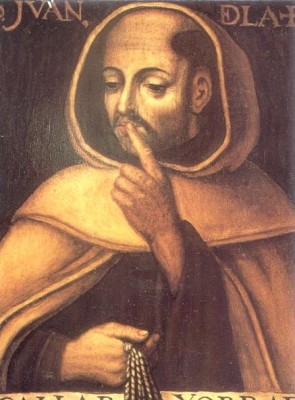
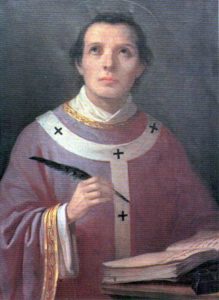
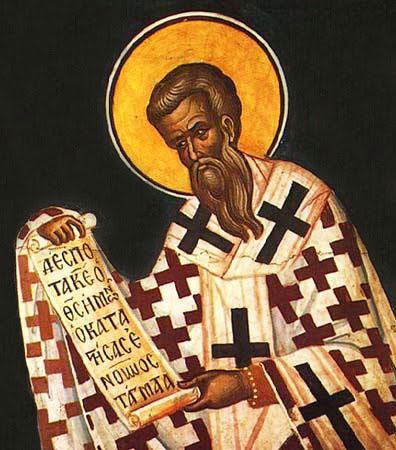



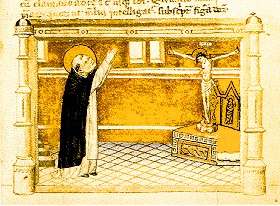
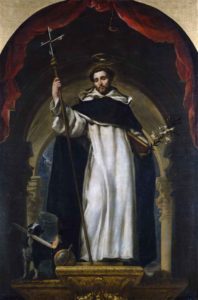 For the complete list visit:
For the complete list visit: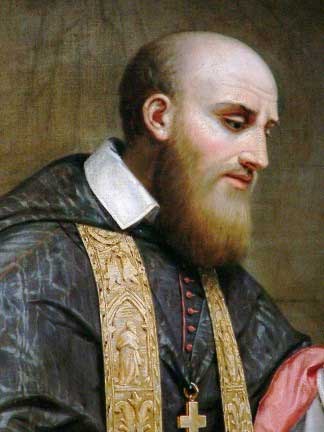 Introduction to the Devout Life
Introduction to the Devout Life